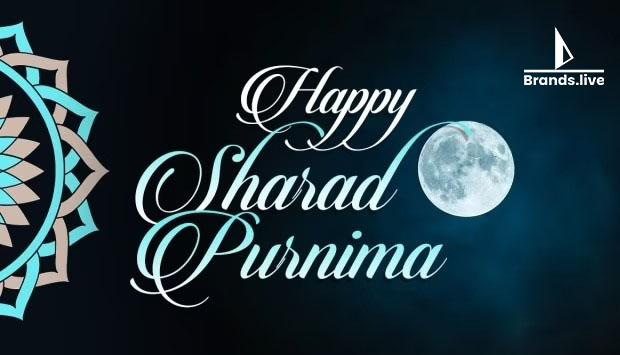Sharad Purnima, also known as Kojagari Purnima or Kumar Purnima, is a Hindu festival celebrated with great enthusiasm and devotion. This auspicious day falls on the full moon night of the lunar month of Ashwin, typically in October or November. In this blog, we will delve into the history and significance of Sharad Purnima, explore the date and time of its celebration, and discuss the rituals associated with this festival.
History and Significance
Sharad Purnima holds a special place in Hindu mythology and tradition. The festival is primarily dedicated to the worship of Goddess Lakshmi, the Hindu goddess of wealth, prosperity, and good fortune. It is believed that on this night, Goddess Lakshmi visits every household to bless them with wealth and happiness. Consequently, many people stay awake throughout the night, engaging in various rituals to welcome her.
Legend has it that on Sharad Purnima, Lord Krishna played his enchanting flute under the full moonlight in Vrindavan. This divine music had a mesmerizing effect on the Gopis (cowherd women), drawing them to Krishna in a state of ecstasy. The story symbolizes the deep love and devotion between Lord Krishna and his devotees. Hence, Sharad Purnima is also celebrated as a day to rekindle one's love and devotion towards the divine.
Navigating the Lunar Calendar: Sharad Purnima Date and Time
Sharad Purnima is celebrated on the full moon day of the Hindu month of Ashwin, which usually falls in October or November. To be more specific, the festival usually occurs in the Gregorian month of October. The date may vary from year to year based on the lunar calendar, so it is essential to check the Hindu calendar or consult a priest to determine the exact date of Sharad Purnima each year.
As for the timing, devotees usually begin their celebrations in the evening as the full moon rises. The night is considered especially significant, and many people observe a fast and stay awake to perform various rituals during this time.
Traditions and Rituals
Sharad Purnima is celebrated with a variety of rituals that are observed with great devotion and fervor. Here are some of the most common traditions associated with this festival:
Observing a Fast: Many people choose to fast on this day, abstaining from food and water from sunrise to moonrise. The fast is broken only after offering prayers to the moon.
Lakshmi Puja: Devotees perform a special puja dedicated to Goddess Lakshmi to seek her blessings for wealth and prosperity.
Offering Kheer: Preparing and offering kheer (rice pudding) to the moon is a common practice. It is believed that the moon's rays have a purifying effect on the kheer, which is then consumed as a prasad (offering).
Worshipping the Moon: People offer prayers to the moon by placing an image or an idol of the moon on a silver plate. They then offer water, milk, and other items while reciting sacred hymns.
Playing Games: In some regions, young girls participate in traditional games and activities, including singing songs and applying henna on their hands.
Staying Awake: Many households stay awake throughout the night, engaging in devotional songs, dances, and storytelling sessions.
Brands.Live app: Your Destination for Sharad Purnima festivities
Brands.Live is a renowned online platform that offers a diverse range of resources to elevate your Sharad Purnima festivities. Download and Share ready-made Sharad Purnima images and videos from Brands.live in just 10 seconds. Their collection of multimedia assets is designed to make your Sharad Purnima celebration truly unforgettable.
Conclusion
Sharad Purnima is a festival that celebrates love, devotion, and the blessings of Goddess Lakshmi. It is a time for families and communities to come together, engage in traditional rituals, and seek the divine's blessings. The history, significance, date, and rituals associated with this festival make it a beautiful and spiritually enriching celebration for Hindus across the world. So, mark your calendar, observe the traditions, and embrace the light of Sharad Purnima with open hearts and open hands, welcoming the blessings of prosperity and well-being into your life.




Comments